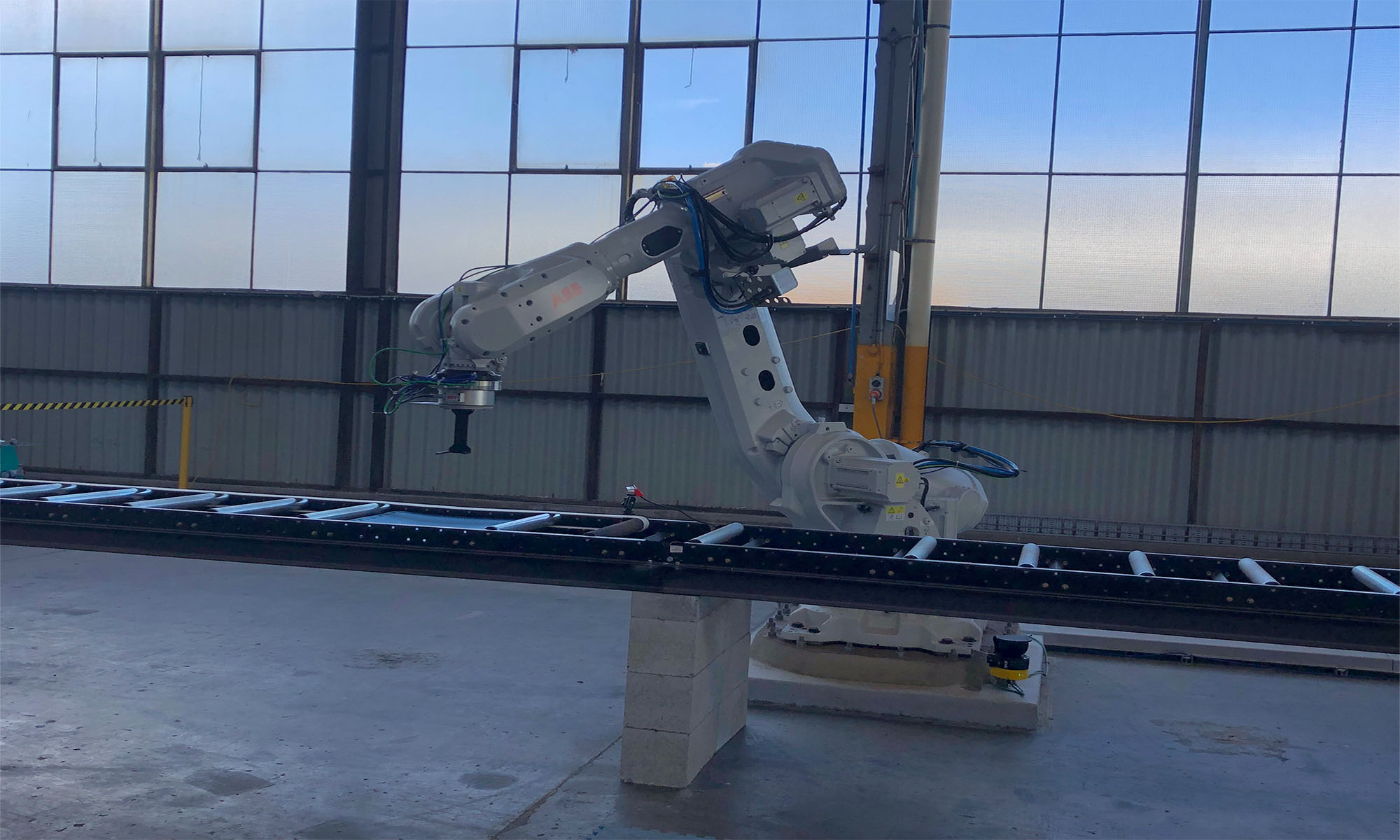
ANAT Synapse Residency 2022 – Steph Hutchison & Jonathan Roberts @ARM Hub
Could embodied practice methods informed by dance practice be developed specifically for different professions to develop kinaesthetic awareness and empathy? How might a daily warm up shared by a robot and human collaborative team assist in calibrating both for their work day?
Some tasks to consider adapting:
Sensing: begin with eyes closed, notice how you are breathing today, without changing anything – notice where your weight is in your feet, experiment with playing with sending your weight into different parts of your feet allowing your body to move like a reed flowing with the shifts in weight
CircularityContinuity&Flow: continuing with eyes closed, let’s play and build upon the flow of shifting weight noticing that we may have developed some loops or patterns of movement as we shifted our weight through the soles of our feet. We will now work with the concepts of circularity, continuity and flow as they relate to “turning” in dance. Circularity, continuity and flow can be located at any point of the body. You might locate this in your wrist, knee, ribcage, thumb…. Play with oscillation, never completing the circle. Experiment with taking circularity, continuity and flow travelling through space, you might like to open your eyes forming a soft gaze as you move through space, sustaining circularity, continuity and flow.
Walking: take a walk through space, moving in any direction. As you pass someone make eye contact with them. Begin to play with moving in to negative space. Decrease the size of the space by half, sustain moving in to negative space. Decrease the size of the space. Flock to the centre point to create a cluster.
Breathing: Coming to standing still in the cluster, returning to eyes closed. We are going to try to find the collective breath. Let’s take a breath in over 5 and out over 5. (Continue this overing different series of counts and vary in and out timings)
Consensus: We’re going to sustain this group breath as we sense each other, looking for the group’s consensus to lower to a crouch and rise again. Sustain the timing of each other as we look to lower together and rise together.
Movement Whispers: form a straight single file line all facing in this direction. Your task is to send a movement message down the line. Tap the person in front of you on the shoulder, they will jump around to face you. Perform your movement. Once received to the best of your ability replicate the movement as you pass it on to the next person and so on. Once at the end of the line – perform the movement you received so the whole group can see and then the first person performs the movement was they sent down the line noting what has changed along the way.
Pathways: Draw a path through the page. Consider how you use the pen/pencil/marker on the page – what kind of pressure, texture, stroke might you use. Use a part of your body to interpret the path. Perhaps try this with another body part, can both interpretations be performed at the same time? Swap your map with another person and as you do offer them an instruction or series of instructions to perform your path. Discuss with your buddy what you both notice about performing the others’ path and the interpretations.
Shake: begin to shake, gently developing from a quake in the pelvis, ricochet through the body playing between levels of vigour – notice the heat and sensations building inside the body. Propose variations throughout and choose music that invites shaking and variation.
Partner work – Points: One partner eyes closed, the other eyes open standing behind their partner. Partner with eyes open offers their partner stimuli in the form of placing a part of their own body with a specific quality of touch on their partners body – partner receives information by noticing and not responding. Build through stages of moving towards or away from point of contact, respond to touch, recall information received and discover your own dance independent of partner.
Ball of light: imagine a ball of light inside your body. what colour is it? What size? Task – using the ideas tipping and pouring move the ball through the inside of your body. Next step – body as pinball machine – ricochet the ball through the body. Next step ball on the surface of your skin traveling in contact on the outside of your body. Next – play with size, texture, weight etc. Next – ball in more of throw/catch relationship using any point of the body. Next exchange between partners, catch take the energy of the ball into your body continue its path and pass it back.
Below are some examples of what is possible with highly trained bodies.
A next step for me is thinking through how to make appropriate embodied movement tasks to train humans working with Cobots or industrial robots to enhance kinaesthetic awareness and empathy (for human and non-human collaborators). The goal being to assist humans to perceive the movement of their robot collaborator and potentially move to towards more improvisational work that does not require programmed/repeatable movement. Can we create approaches that might lead to greater flexibility for work and working across different tasks more efficiently?
A caveat of the videos below is that these are choreographed movements that have been thoroughly rehearsed. However, how expert performers are trained and how they practice does offer a way to consider the types of embodied methods that could be enlisted to calibrate any human for their work.